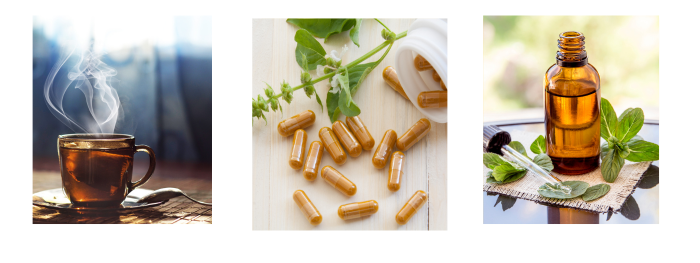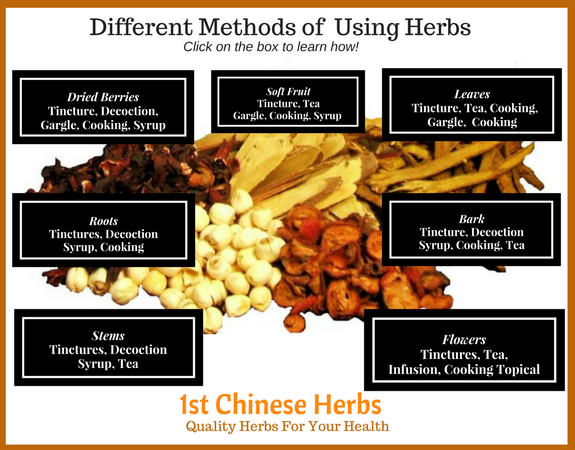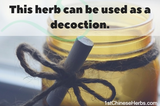The Importance of Melia, Pagoda Tree Fruit in Traditional Chinese Medicine
Melia, commonly known as the Pagoda tree, holds a significant place in Traditional Chinese Medicine (TCM). This tree, native to Asia, particularly thrives in regions like China and India. Its fruit, often referred to as Pagoda tree fruit, has been utilized for centuries due to its purported health benefits.
In TCM, the fruit is not merely a botanical curiosity; it is revered for its therapeutic properties and is integrated into various herbal formulations aimed at restoring balance and promoting overall well-being. The importance of Melia in TCM extends beyond its medicinal uses. It embodies the principles of holistic healing, where the focus is on treating the individual rather than just the symptoms of a disease.
Practitioners of TCM believe that the Pagoda tree fruit can help harmonize the body's energies, making it a valuable component in the quest for health. Its historical significance is underscored by its inclusion in ancient texts and herbal compendiums, which document its applications and benefits over time.

What Are The Medicinal Benefits of Melia Pagoda Tree Fruit?
The Medicinal Properties of Melia, Pagoda Tree Fruit
Melia, or Pagoda tree fruit, is celebrated for its diverse medicinal properties. Rich in bioactive compounds, including flavonoids and alkaloids, this fruit exhibits antioxidant, anti-inflammatory, and antimicrobial effects. These properties make it a valuable asset in combating oxidative stress and inflammation, which are often at the root of various chronic diseases.
The presence of these compounds has garnered attention from both traditional practitioners and modern researchers alike. In addition to its antioxidant capabilities, Melia has been associated with liver protection and detoxification. Traditional beliefs suggest that the fruit can help cleanse the liver and improve its function, making it a popular choice for those seeking to enhance their overall health.

In Traditional Chinese Medicine, Melia or Pagoda tree fruit is utilized in various forms to maximize its therapeutic potential. One common method is through decoction, where the dried fruit is boiled to extract its beneficial compounds. This liquid can then be consumed as a tea or used as a base for other herbal remedies.
Modern Research on the Health Benefits of Melia, Pagoda Tree Fruit
Introduction to Melia Research In recent years, modern scientific research has begun to validate many of the traditional claims surrounding Melia, or Pagoda tree fruit. Studies have focused on its pharmacological properties, revealing promising results regarding its antioxidant and anti-inflammatory effects. For instance, research published in various journals has demonstrated that extracts from the fruit can significantly reduce oxidative stress markers in laboratory settings.
Antioxidant and Anti-Inflammatory Effects The antioxidant and anti-inflammatory properties of Melia have been a key area of focus in recent studies. Research has shown that the fruit's extracts can effectively reduce oxidative stress markers, which is a significant finding in the context of preventing and managing various diseases.
Incorporating Melia, Pagoda Tree Fruit into a Holistic Wellness Routine
Incorporating Melia, or Pagoda tree fruit, into a holistic wellness routine can enhance overall health and well-being. Individuals interested in TCM principles may consider integrating this fruit into their daily regimen through teas.This approach allows for consistent dosing while reaping the benefits associated with its bioactive compounds.
Additionally, combining Melia with other lifestyle practices such as balanced nutrition, regular physical activity, and mindfulness techniques can create a comprehensive wellness strategy. For example, pairing Melia with a diet rich in fruits and vegetables can amplify its antioxidant effects while supporting overall health. By embracing a holistic approach that includes Melia as part of a broader lifestyle framework, individuals can work towards achieving optimal health and vitality.
FAQs
What is Melia, Pagoda Tree Fruit and its importance in Traditional Chinese Medicine?
Melia, also known as Pagoda Tree Fruit, is a fruit commonly used in Traditional Chinese Medicine (TCM) for its medicinal properties. It has been an important part of TCM for centuries and is valued for its ability to treat various ailments and promote overall wellness.
What is the history of Pagoda Tree Fruit in Traditional Chinese Medicine?
The use of Pagoda Tree Fruit in TCM dates back thousands of years. It has been documented in ancient Chinese medical texts and has been a staple in TCM practices for its therapeutic benefits.
What are the medicinal properties of Melia, Pagoda Tree Fruit?
Melia, Pagoda Tree Fruit is known for its anti-inflammatory, antipyretic, and analgesic properties. It is also believed to have effects on the liver, kidneys, and digestive system, making it a versatile ingredient in TCM.
How is Melia, Pagoda Tree Fruit used in Traditional Chinese Medicine?
In TCM, Melia, Pagoda Tree Fruit can be used in various forms, including as a decoction, powder, or extract. It is often combined with other herbs to create holistic remedies tailored to individual health needs.
What is the role of Melia, Pagoda Tree Fruit in treating common ailments?
Melia, Pagoda Tree Fruit is used in TCM to treat a wide range of ailments, including fevers, inflammation, pain, and digestive issues. It is also believed to have detoxifying properties and can support overall immune system function.
What does modern research say about the health benefits of Melia, Pagoda Tree Fruit?
Modern research has started to explore the potential health benefits of Melia, Pagoda Tree Fruit. Studies have shown its anti-inflammatory and antioxidant properties, as well as its potential in supporting liver and kidney health.
How is Melia, Pagoda Tree Fruit sustainably harvested and cultivated?
Sustainable harvesting and cultivation of Melia, Pagoda Tree Fruit involve responsible practices to ensure the long-term availability of the fruit. This may include ethical sourcing, organic farming methods, and conservation efforts to protect the natural habitat of the Pagoda Tree.
How can Melia, Pagoda Tree Fruit be incorporated into a holistic wellness routine?
Melia, Pagoda Tree Fruit can be incorporated into a holistic wellness routine through TCM practices, such as herbal remedies, acupuncture, or dietary therapy. It can also be used in skincare products, dietary supplements, or teas to support overall health and well-being.
Product Description for Pagoda Tree Fruit in Cut Form
Common Names: Melia, Szechuan, Pagoda Tree Fruit
Botanical Name: Melia toosendan fructus
Channels/Meridians: Liver, Spleen, Stomach, Bladder
Pin Yin Name: Chuan Lian Zi
Other Ingredients: None, nothing has been added to this item.
Package Size: One Pound (1lb)
Form: Lab Tested, Cut
Dosage: Consult your healthcare professional for correct dosage.
Origin: China
Brand: Nuherbs Lab-Tested Herbs
Caution: Do not use if pregnant or nursing. Use cautiously in patients with cold deficiency of the Middle Jiao. It is bitter, cold and mildly toxic in property, so it can easily induce nausea, vomiting, other issues, when taken to excess.
Naturally Occurring Chemical Compounds: Melianone, lipomelianol, 21-O-acetyl Toosendan triol, and 21-O-methyl-Toosendan pentaol.
Product Properties: Bitter, Cold, Slightly Toxic

Check out our How to Use Bulk Herbs page to see how to use herbs correctly. Our web page is constantly expanding, as of today we have articles on:
- How to make salves, poultice, tinctures, teas, capsules, gargles, and foot bathes
- How to make a citrus facial splash
- Cayenne pepper: Caterpillar and aphid spray ( Natural insect repellent )
- Citrus potpourri basket
About Nuherbs Lab Tested Quality.
Each batch of herbs is dual-lab tested by our in-house lab and independent third party lab. Our in-house lab is equipped with instruments such as a high performance liquid chromatography, moisture determination meter, Fourier transform infrared spectrometer, atomic absorption spectrophotometer, gas chromatograph, etc.
In addition, the following additional tests are performed:
- Micro bacteria
- Pesticides - over 200 pesticides tested for (Uab 2000 screen).
- Heavy Metals - Lead, Mercury and Arsenic
























